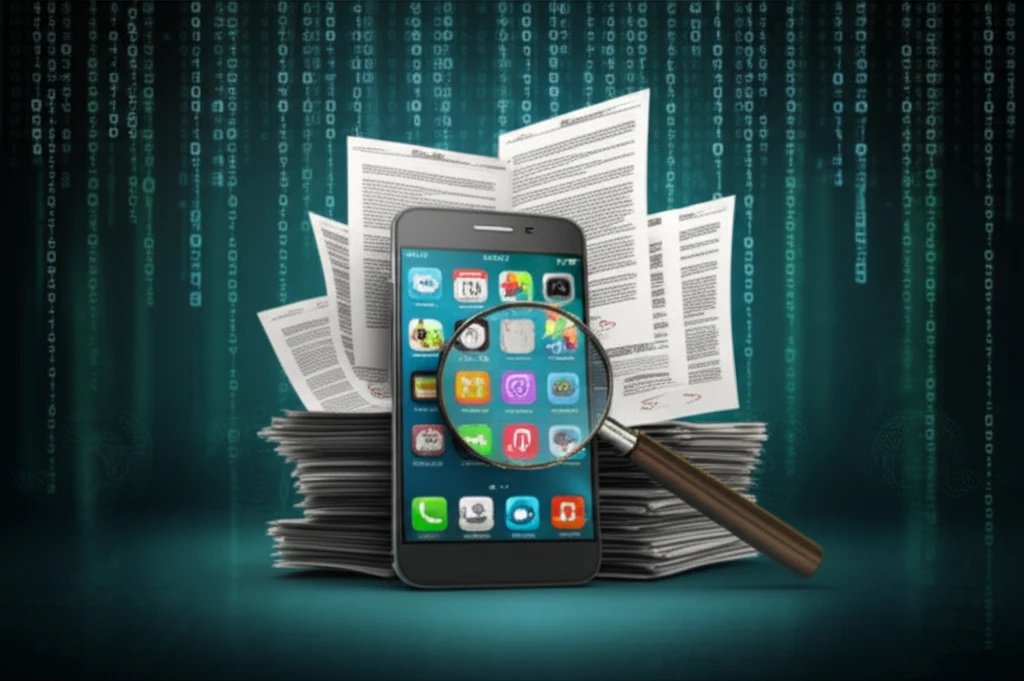
Navigating the Legal Maze: Your Rights When Downloading Free Apps
"Demystifying the legal landscape of free app downloads: what you need to know about your rights, data privacy, and the latest court decisions."
In today’s digital age, free apps have become ubiquitous. From productivity tools to entertainment platforms, these applications offer convenience and functionality at no upfront cost. However, the term 'free' can be misleading. While you might not be paying with money, you're often paying with your data, and the legal landscape surrounding these apps is complex and evolving.
This article aims to demystify the legal aspects of downloading and using free apps, focusing on your rights and potential liabilities. We’ll explore key court decisions, data privacy issues, and what you should know to protect yourself while enjoying the benefits of these readily available tools.
Whether you're an avid app user or just starting to explore the digital world, understanding these legal nuances is essential for making informed decisions and safeguarding your interests.
Are Free Apps Really Free? Understanding the Legal Nuances

The pervasive notion that free apps equate to a simple gift is a misconception that has been challenged in legal circles. According to German law, as outlined in § 516 BGB, the provision of a free app doesn't quite fit the definition of a gift. Instead, it's more accurately described as a unique, hybrid type of contract. This distinction carries significant implications, particularly when it comes to liability and warranties.
- Liability: Developers can be held liable for defects or malfunctions, similar to paid software.
- Warranties: Though not always explicit, there’s an implied expectation that the app will function as intended.
- Data Usage: Your data is often the 'currency' used in exchange for the app, raising questions about privacy and data protection.
Navigating the Risks: Practical Tips for App Users
Given the complexities and uncertainties in the legal landscape of free apps, users must take proactive steps to protect themselves. By staying informed, understanding the terms of service, and managing your data, you can navigate the risks and enjoy the benefits of free apps with greater confidence. As the legal framework continues to evolve, vigilance and informed decision-making are your best defenses.
